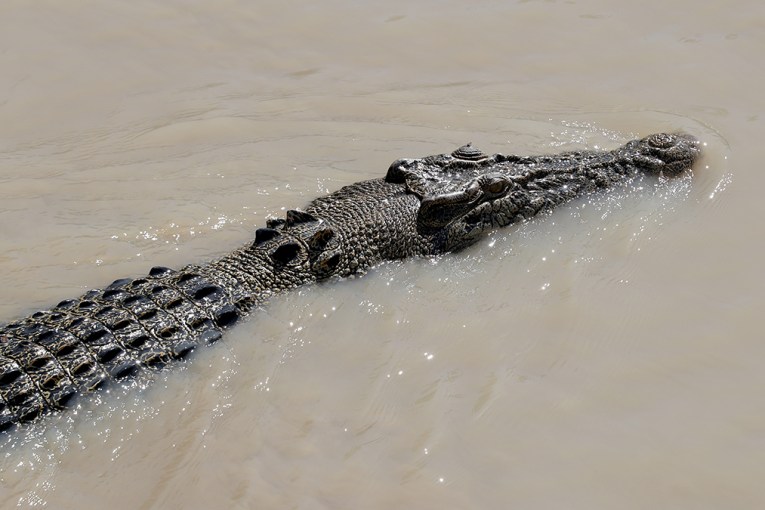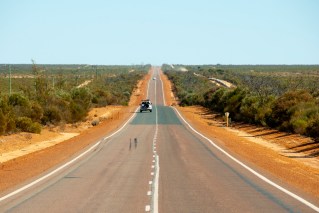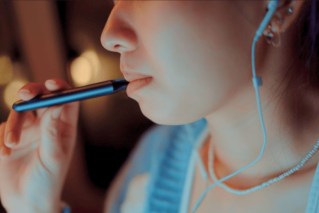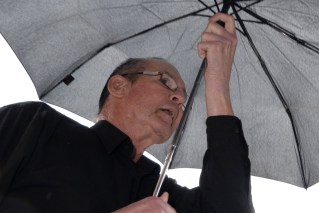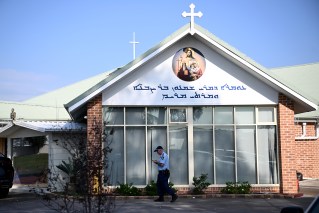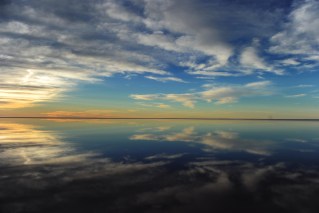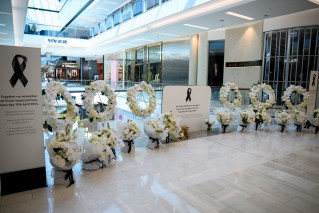Election coming ‘sooner than we think’, Morrison tells colleagues

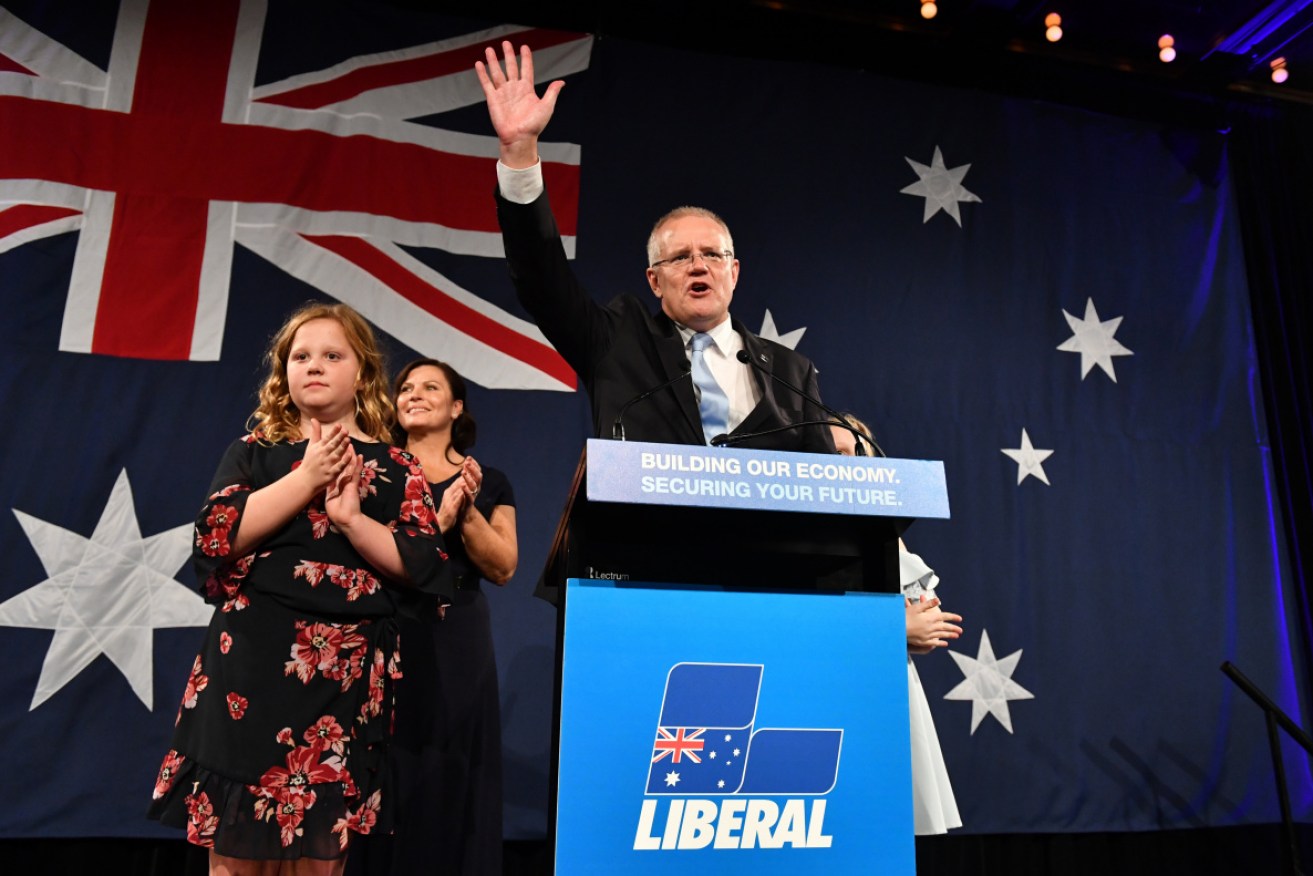
The 2019 election win is a distant memory for PM Scott Morrison, Paul Bongiorno writes.
Scott Morrison and Barnaby Joyce have commanded their Coalition colleagues to start seriously planning for an election affected by COVID lockdowns, with the Prime Minister warning it will come “sooner than we think”.
The next federal election can be as late as May 2022, but the federal government clearly has one eye firmly on polling day already. Deputy PM Joyce has dropped hints to an election being called in January, to be held in the first quarter of next year.
It comes as Mr Morrison yet again shifts his language on the national reopening plan, potentially sensing backlash from COVID-cautious states he likened to “cave-dwellers” just last week.
“The election will come around sooner than we think”, the PM told the Coalition partyroom in Canberra on Tuesday.

Mark McGowan. Photo: AAP
The reopening plan, and Mr Morrison’s re-election prospects, are inextricably linked. As The New Daily explained on Tuesday, Mr Morrison’s attempt to recast himself as a champion of winding back COVID rules, and to paint premiers as lockdown-happy ‘cave dwellers’, is based on his hope that exhausted Australians will eventually rally around his flag by election day.
It’s a bold play, and one predicated on the hope that people in Queensland and Western Australia might waver in their strong support for risk-averse Labor premiers in those states.
WA Premier Mark McGowan blasted “the eastern states” in a fiery Facebook post on Tuesday, describing Mr Morrison’s interpretation of the reopening plan as “complete madness.”
Morrison changes tune on reopening
Also on Tuesday, Mr Morrison pivoted on his previously robust opposition to Queensland and WA. He debuted new lines, that the federal government “acknowledged” people in those states had “sensible concerns” about reopening from the pandemic and easing COVID rules.
The PM conducted a radio blitz on Tuesday morning, across stations in Perth, Brisbane, Hobart and Adelaide. He told the partyroom he was specifically targeting “low-COVID” states, where people might have “concerns” about the national plan.
In those interviews, the PM took a more diplomatic and calm tone on reopening, reassuring listeners he could “understand the caution” they felt. He stressed that easing virus restrictions at 70 and 80 per cent vaccination would not be “open slather”, but also slipped in his belief that “at those points, widespread lockdowns, things like that do more harm than good”.
Mr Morrison told the Coalition partyroom that the low-COVID states had “sensible concerns we’ve got to address”.
“It’s not to fight or placate. It’s a sensible adult conversation about how we understand and acknowledge people’s views and concerns, and demonstrate how our plan is safe.”

Anthony Albanese. Photo: AAP
Publicly, at a press conference, the PM also acknowledged “all states are starting from a different place”.
In his partyroom address, he reminded colleagues they should look toward an election that could be called anytime between now and May 2022.
Mr Morrison said the Coalition had a “narrow path” to victory, echoing language he used ahead of his unlikely 2019 win, and warned colleagues “discipline” was the key.
His comments about the election coming around “sooner than we think” raised eyebrows. But the PM quickly clarified that he meant that this was because “times moves fast” and stressed he hadn’t changed his view about heading to the polls in 2022, not 2021.
Mr Morrison, repeating language he has used multiple times, said he planned to go “full term” and not call an early election. However, he urged colleagues to begin “having things in place on the ground”, such as organising booth workers and fundraising.
COVID a spanner in election works
There has been speculation, including among some senior Labor Party figures, that the government would look to an election in November. Both parties are already setting up and staffing party headquarters and campaign teams.
Some in Labor believed the government would prefer an early election to capitalise on public goodwill – which, according to recent poll results, is fading – from its strong management of the early stages of the pandemic.

Coalition leaders are warning colleagues to prepare for the election. Photo: AAP
A November election would also put the poll after Australia is expected to hit the 70 per cent vaccination mark and potentially begin reopening, but before the full effects of lowered restrictions – such as rising COVID deaths and cases – are fully felt.
Indeed, in Labor’s own caucus meeting on Tuesday, Opposition Leader Anthony Albanese told colleagues that he believed if the government did call an election in 2021, it would be because it thought “that 2022 is going to be worse”.
One complication is the unpredictability of lockdowns and COVID outbreaks on traditional election campaigning, such as doorknocking and leaders’ planes criss-crossing the country. Both parties are considering contingencies to conduct ‘remote’ election campaigns from a central headquarters, instead of a travelling party.
In his own speech to the Coalition partyroom on Tuesday, Mr Joyce urged colleagues to develop a “practical plan” with staff for campaiging during COVID. Citing complications such as lockdowns and border closures, he suggested Zoom calls, digital ‘town hall’ meetings and tapping into community radio stations to get messages out.
Mr Joyce told the partyroom the next six weeks where Parliament is not sitting were “critically important” for politicians to speak to their communities. The next long break wouldn’t be until Christmas, when Mr Joyce said people “don’t want to hear from” politicians.
“Then next year we’re into an election year,” Mr Joyce said.
That timeframe could point to an election being called soon after the summer holiday season ends – in late January or early February. With an official election campaign typically running five weeks, that could mean polling day in early to mid-March 2022.
Mr Joyce also told MPs to organise local electorate teams, and gather analysis on the strongest and weakest areas of support in their electorates.
“What needs to be done in the next six weeks will have a large bearing on whether you’re here at the end of next year,” he said.
